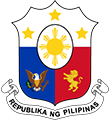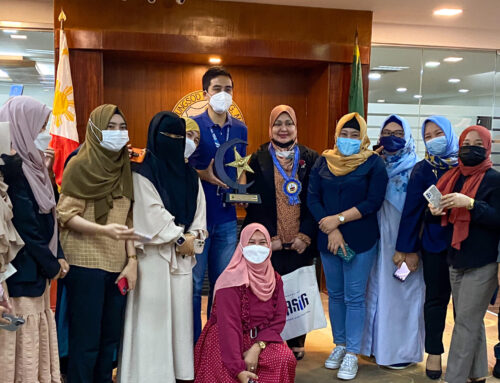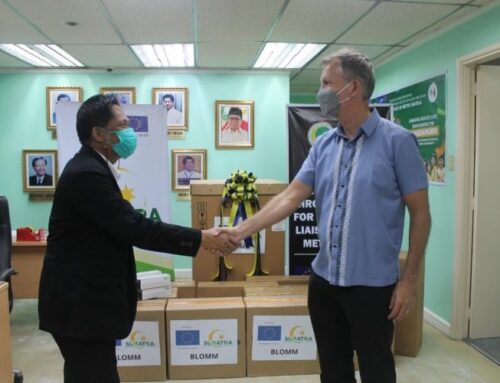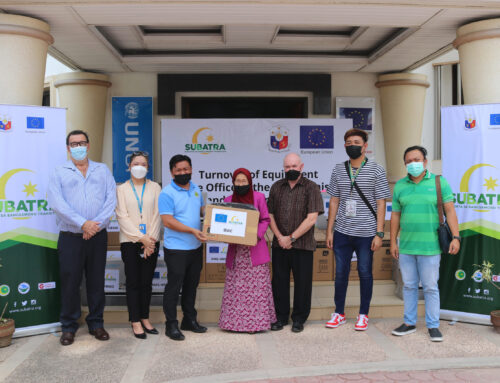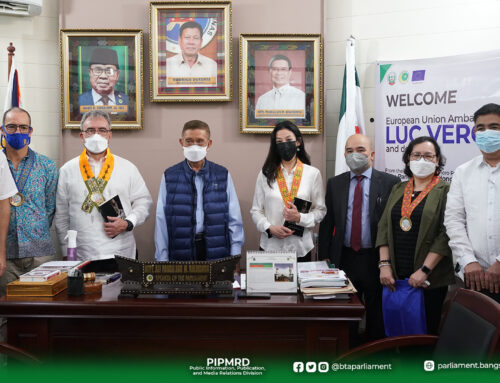The European Union’s Support to Bangsamoro Transition (SUBATRA) Programme is supporting the Bangsamoro Autonomous Region in Muslim Mindanao (BARMM) Attorney General’s Office (BAGO) in the Mandatory Continuing Legal Education (MCLE) of lawyers starting on November 9, 2021.
The MCLE ensures that the regional government’s lawyers are kept abreast with law and jurisprudence with the goal of maintaining the profession’s ethics and enhancing the standards of the practice of law.
“Since 2001, the Supreme Court has required members of the Integrated Bar of the Philippines to undergo a 36-hour MCLE every three years,” said Sha Elijah Dumama-Alba, BARMM’s Attorney General.
Dumama-Alba said that many of the Integrated Bar of the Philippines-member lawyers in BARMM could not comply with the MCLE requirement because of the COVID-19 pandemic.
“MCLE is a condition precedent for maintaining the bona fide status of a lawyer. Without the certification of MCLE, BARMM lawyers cannot continue to engage in the practice of law,” she added.
Dumama-Alba said the MCLE will include topics like legal ethics, trial and pre-trial skills, alternative dispute resolution, updates on substantive and procedural laws and jurisprudence, legal writing and oral advocacy, and international law and international conventions.
“The modality of the MCLE is asynchronous, an online platform. Our lawyers are given until December 2021 to finish the 36-hour MCLE course,” she said, adding that the lawyers can accomplish the courses right in the comfort of their homes.
The MCLE is part of the capacity development interventions implemented by the BAGO in partnership with the EU-funded SUBATRA Programme.
SUBATRA helps BARMM lay the foundation for lasting peace and development in the region by strengthening the capacities of its institutions to establish an enabling democratic governance environment during the transition period.
In his message during the opening ceremony of the MCLE training, Christoph Wagner, Head of Cooperation of the EU Delegation to the Philippines, said the establishment of an enabling legal environment during the transition relies on the capacity of BARMM lawyers to provide sound legal advice and contribute efficiently to the drafting of transitional codes and priority legislative measures.

Seventy BARMM lawyers will undergo the 36-hour asynchronous MCLE training from November to December 2021. (Photo by the Bangsamoro Information Office)



